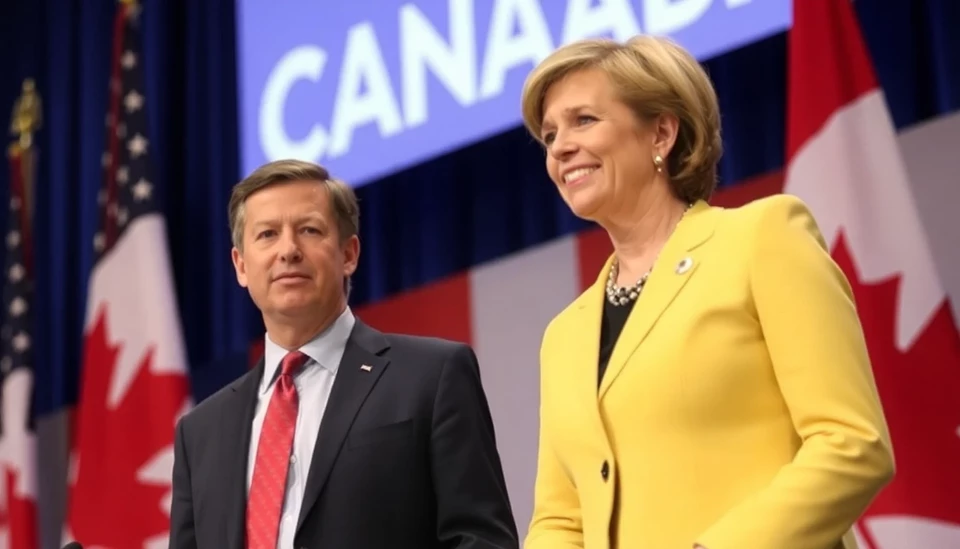
Canada's post-secondary institutions are feeling the repercussions of recent immigration policy changes that have significantly curtailed the influx of international students. As colleges and universities across the country welcome a new academic year, they are grappling with a sharp decline in enrolment numbers, which could have far-reaching implications for Canada's economy.
The influx of international students has historically been a vital pillar of revenue for Canadian educational institutions, contributing billions of dollars annually to the economy. However, recent government measures aimed at tightening immigration have led to a decline in applications from abroad, with schools reporting drops in enrolment ranging from 20% to 50% in some areas.
Experts suggest that these changes not only threaten the financial stability of educational institutions but also pose a risk to Canada's broader economic growth. International students represent a significant segment of the workforce and an essential source of long-term immigration. Fewer students studying in Canada today means fewer skilled workers entering the job market tomorrow, potentially leading to labor shortages in various sectors.
Several colleges and universities have already begun to implement strategic changes to combat the dwindling numbers. Some institutions are ramping up their recruitment efforts in markets that have previously yielded high levels of international students, such as India and China. Others are exploring innovative programs to make study in Canada more appealing, including offering flexible learning options and partnerships with local industries.
Furthermore, the shift in immigration policy has sparked concerns among current international students, who worry about the stability of their status in Canada amidst changing regulations. There's a palpable anxiety regarding work permits and post-graduation opportunities, which could deter new applicants from considering Canadian institutions.
Government officials are being urged to re-evaluate the recent immigration policies to ensure that Canada continues to attract global talent. Advocates argue that maintaining a diverse student body supports not only the educational environment but also enriches the cultural fabric of Canadian society. The need for a balanced approach that safeguards national interests while promoting openness to international students has never been more urgent.
As the situation continues to evolve, the potential ramifications of these immigration restrictions on Canada's educational sector remain a critical issue. Stakeholders from academia, business, and government are closely monitoring the developments, knowing that the future prosperity of the country may depend on the policies enacted today.
In conclusion, the current immigration curbs pose a serious challenge to Canada's colleges and the economy at large. It is imperative for policymakers to consider the implications of their decisions and to strive for a solution that supports both the educational landscape and economic growth.
#Canada #Immigration #InternationalStudents #CollegeEnrollments #EconomicImpact #Education #HigherEducation #SkilledWorkers
Author: Daniel Foster




